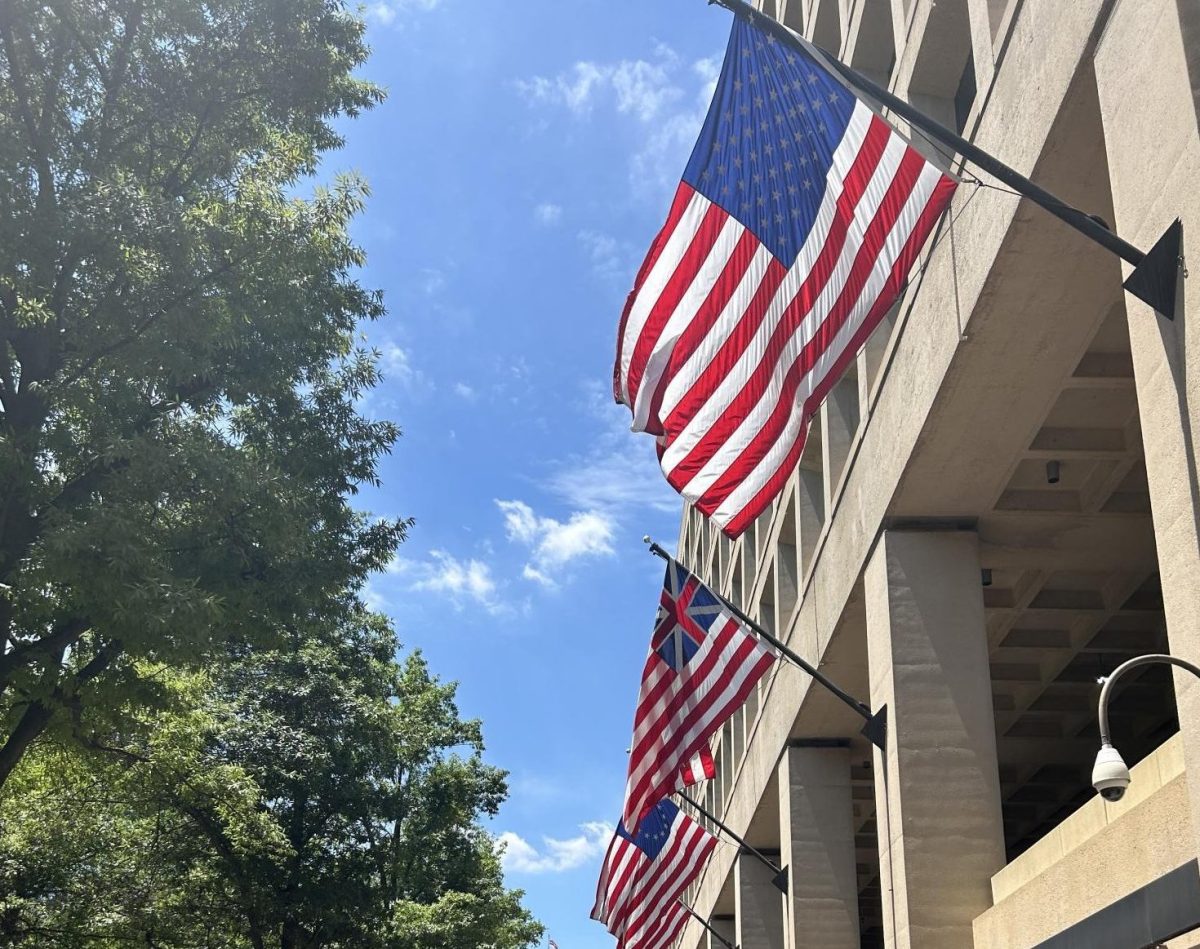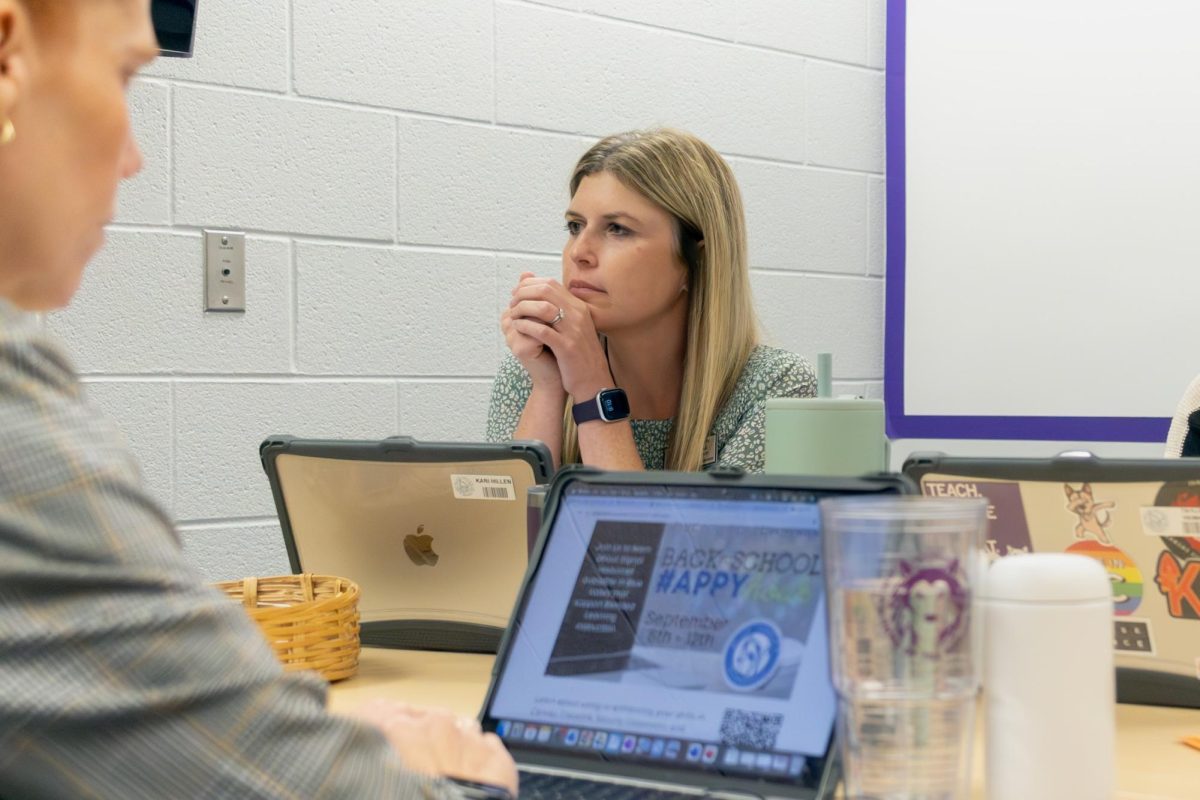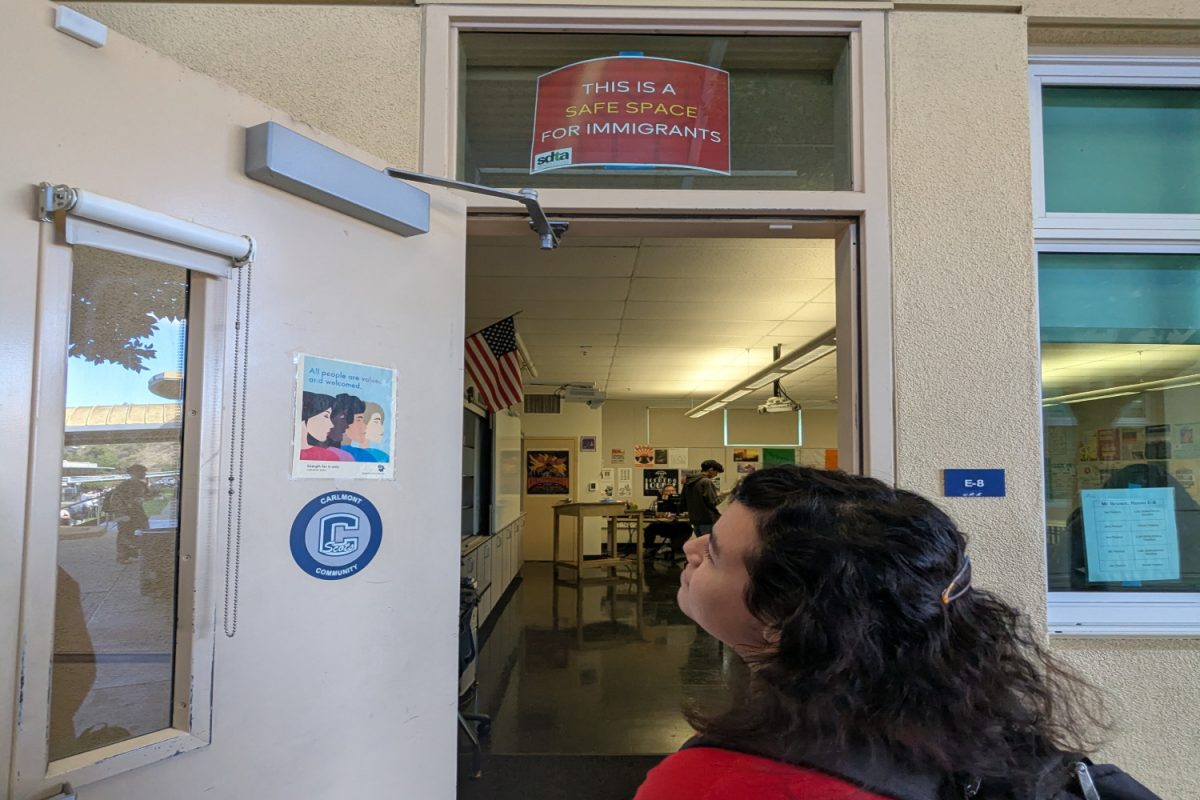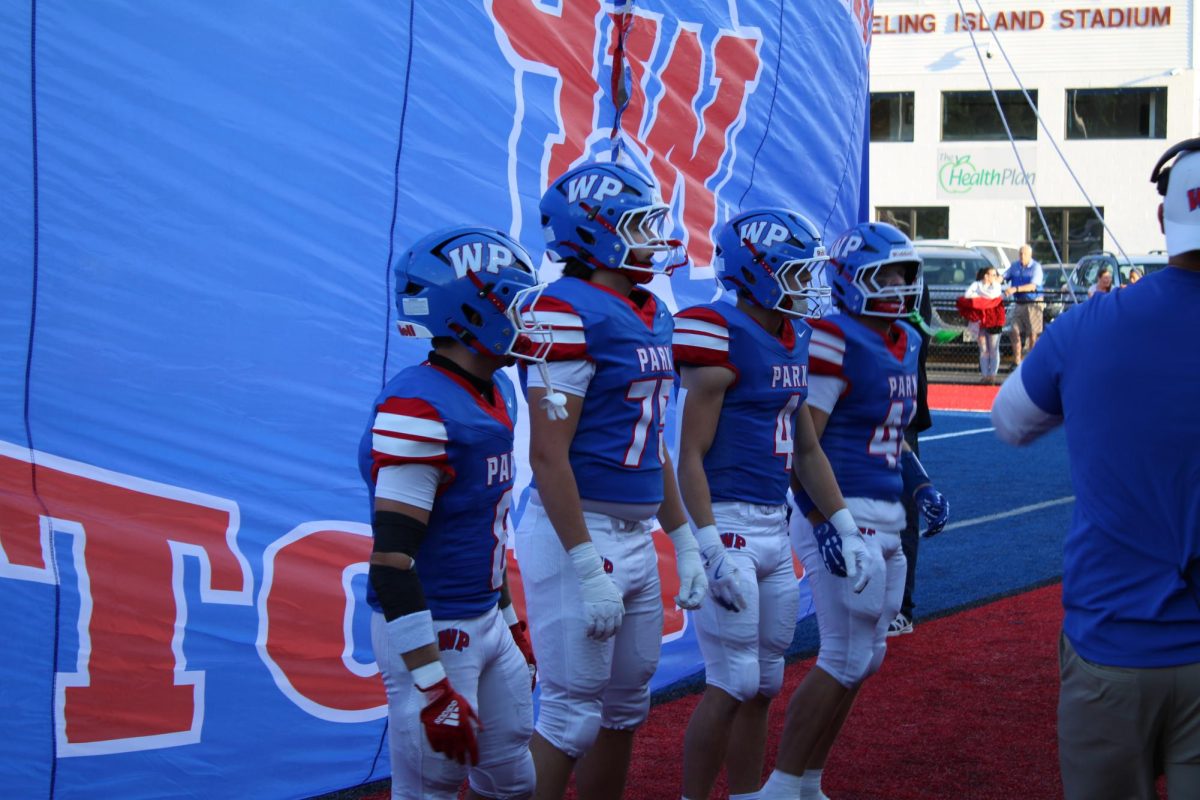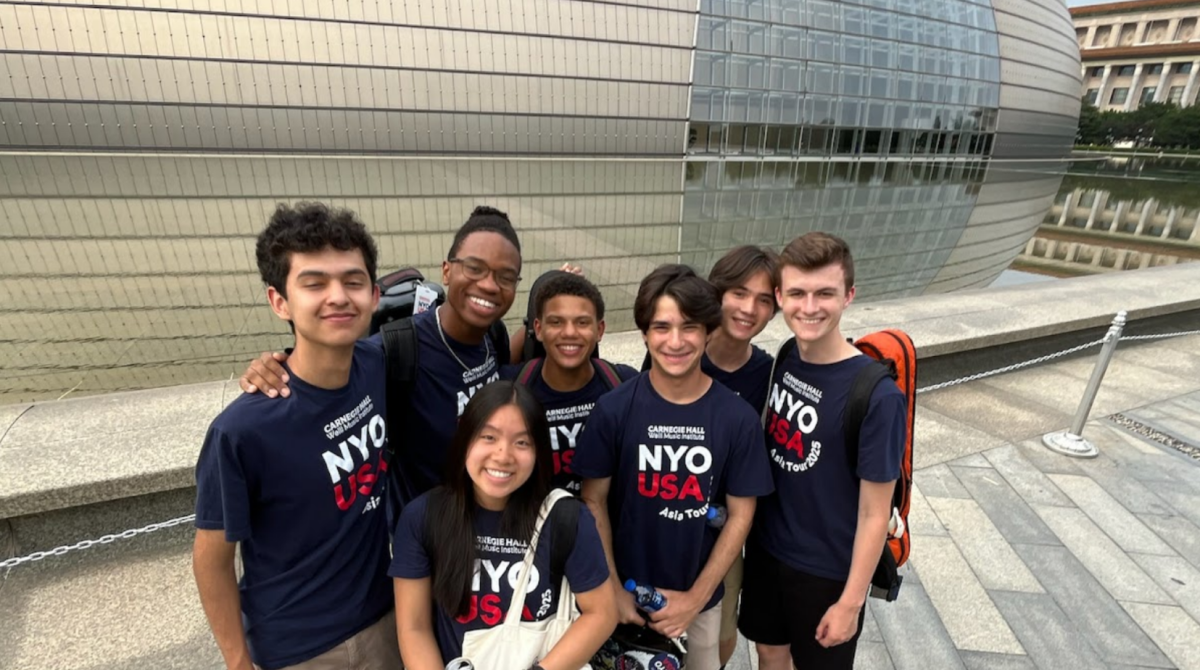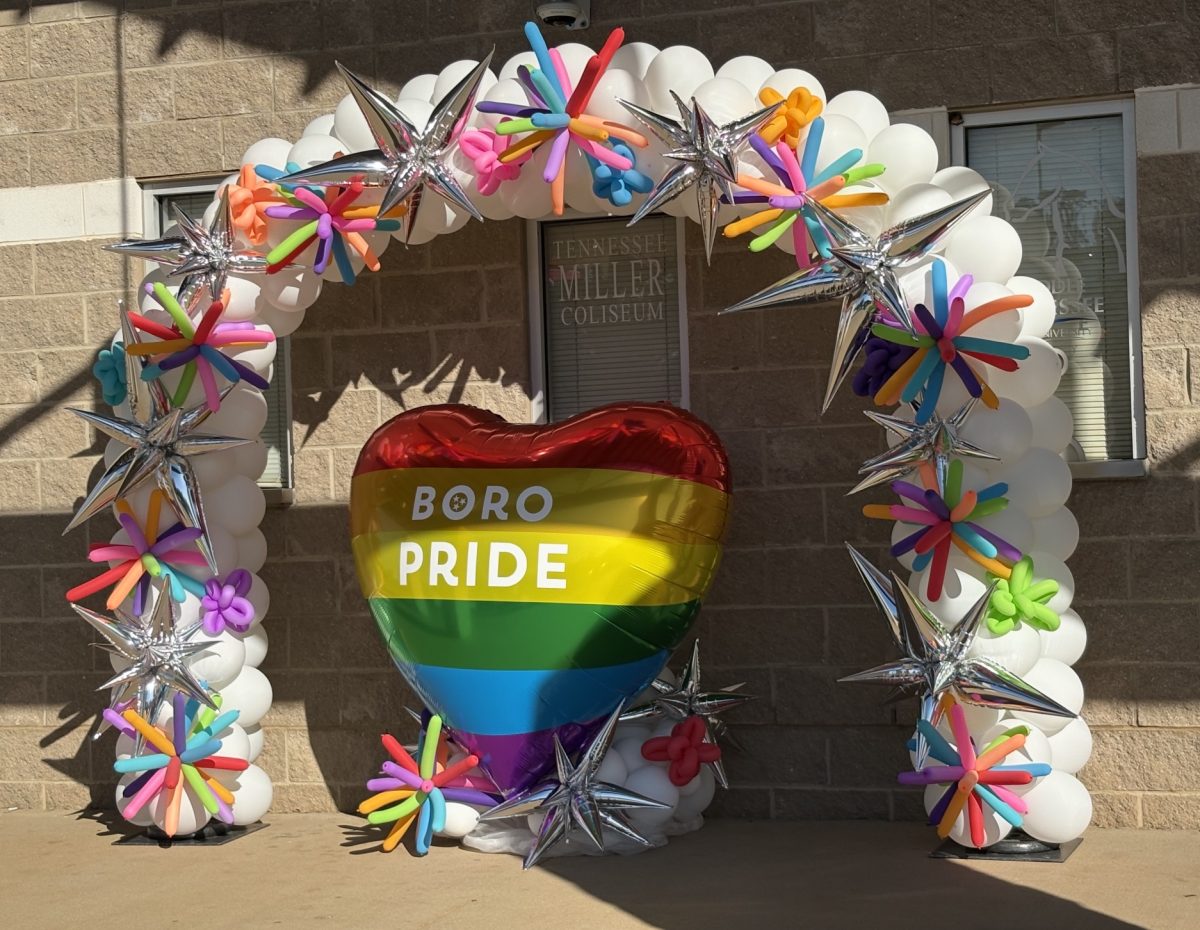The Tennessee Pride Chamber hosted its 10th annual Boro Pride at MTSU’s Tennessee Miller Coliseum on Oct. 4. But this year, there is growing concern about the event’s funding.
“Companies don’t want to be seen at Pride anymore; it gets a lot of backlash,” said William Langston, a founding member of the Boro Pride planning committee. “It’s the general climate … It’s definitely the case that if you have the audacity to support people who aren’t mainstream, any marginalized community, you’re going to get in trouble.”
Brendon Hallaway, an MTSU alumnus, started Boro Pride in 2016 as a local event for Murfreesboro, Tennessee’s LGBTQ+ individuals to foster a sense of community.
Boro Pride typically occurs in August, but this year’s festival took place in October due to a lack of openings at the Tennessee Miller Coliseum, Langston said.
And, if the price of the venue changes, Boro Pride may have to make even more adjustments, Langston said.
Boro Pride accepts donations, but the bulk of its funds stems from corporate sponsors. Langston attributes its loss of funds to the removal of Diversity, Equity and Inclusion initiatives on the state level.
DEI aims to eliminate inequalities and discrimination on account of race, religion, culture, gender or sexual orientation that may exist in the workplace, according to the American Diversity Initiative.
The ban on DEI-related initiatives follows President Donald Trump’s executive orders impacting DEI programs in the workplace and Tennessee Public Chapter 458, also known as the “Dismantling DEI Departments Act.”
This isn’t just a problem Boro Pride is running into; it’s a pattern across Tennessee. Nashville Pride faced an “unprecedented financial crisis” when it lost about 40% of its sponsorship money in 2025. All of these sponsorships came from corporations. Nashville Pride president Tina Tousignant believes the retraction of these sponsorships is related to the removal of DEI initiatives at the corporate level.
“It does make me nervous,” said Zoe Cook, an MTSU senior and visual arts major in attendance. “I thought about going to Nashville Pride, but with the ongoing government conflict and violence, I didn’t feel safe going to Nashville. I felt like there wasn’t enough security.”
Nashville Pride strengthened its security measures in 2025, but notes that security costs have doubled amid its ongoing financial struggles.
The 2025 Knoxville Pride parade and festival, scheduled for Oct. 4 and 5, was canceled due to the inability to secure liability insurance and subsequent safety concerns.
Cook said she is starting to notice the same challenges at Boro Pride as well, which had a smaller crowd and fewer activities this year.
“I’ve been to Boro Pride for about three years; it’s a really welcoming place that is close to home,” Cook said. “So, I am upset with how the government is treating us because when I went last year, there was a lot going on, and this time it is a lot smaller.”
Meanwhile, other organizations flocked to Boro Pride in protest, such as Planned Parenthood, which tabled at the event with free feminine hygiene products and contraceptives.
On July 4, 2025, President Trump signed the Big Beautiful Bill Act into effect, which, amongst other things, federally defunded Planned Parenthood. Planned Parenthood “is the nation’s leading provider and advocate of high-quality, affordable sexual and reproductive health care for all people, as well as the nation’s largest provider of sex education,” according to its website.
Planned Parenthood representative, Amelia Pant, tabled for the nonprofit and said she wants students to know that its resources are still available to everyone.
“[Minorities] have an ally in Planned Parenthood,” Pant said. “Not just for healthcare, but for their education and for advocacy.”
Pant said that she wants to spread awareness about Planned Parenthood’s continued existence; all she needs is people to learn how to advocate for their community, and get comfortable holding elected officials accountable for the laws they pass in Tennessee.
Pant also works with Generation Action, an MTSU student organization that partners with Planned Parenthood. This year, the organization collected thousands of dollars’ worth of feminine hygiene products, which will be available in baskets in campus bathrooms soon, Pant said.
MTSU’s College Democrats also tabled at Boro Pride, and the organization’s president, Jorge Avila, also weighed in on this year’s funding cuts and how the festival was affected by DEI.
“That’s a shame as far as the lack of funding is concerned, Jorge said. “Frankly, as a student at MTSU, I see every day that the diversity of having a pool of students with various different perspectives makes us a better campus in general. The rolling back of DEI is nonsensical and is a shame.”
But, despite this year’s drawbacks, the festival remained a celebration of pride for many.
“Boro Pride is something that’s really important to us; we’ve been doing it for a long time,” Avila said. “But just a general celebration for the LGBTQIA+ community is something that we cherish.”
This story was originally published on MTSU Sidelines on October 5, 2025.


